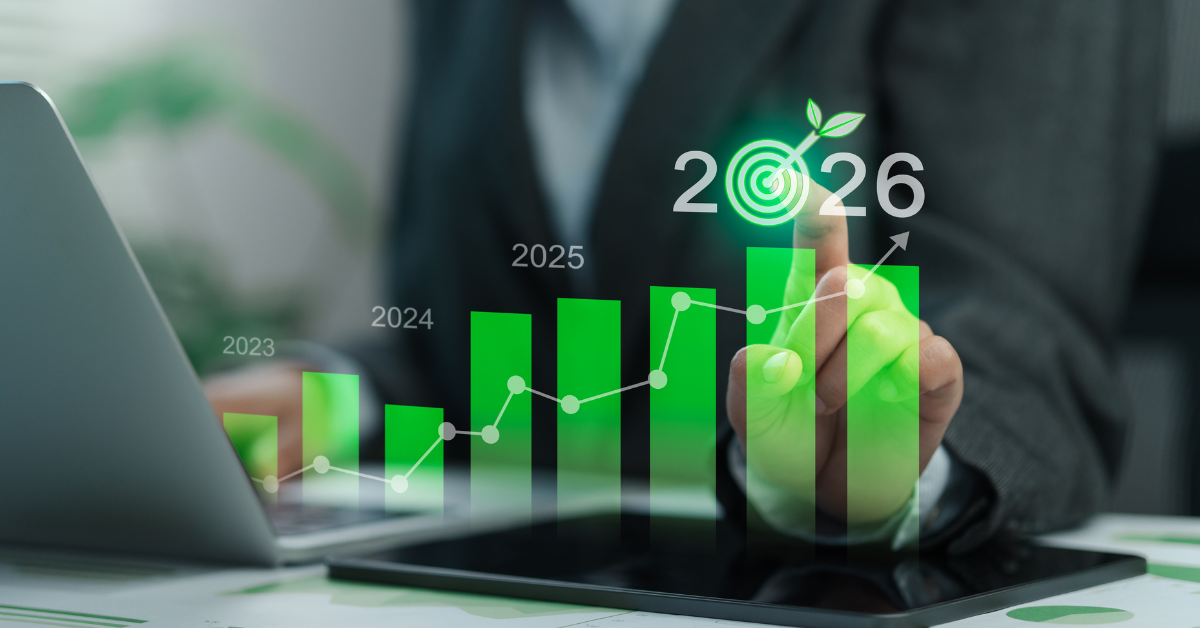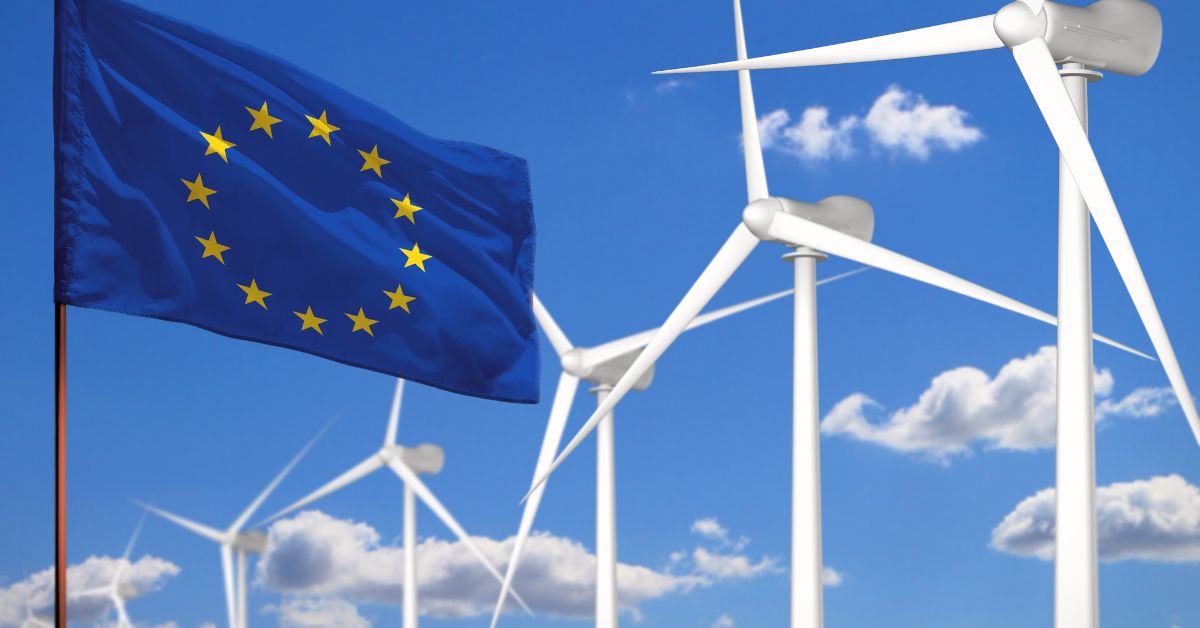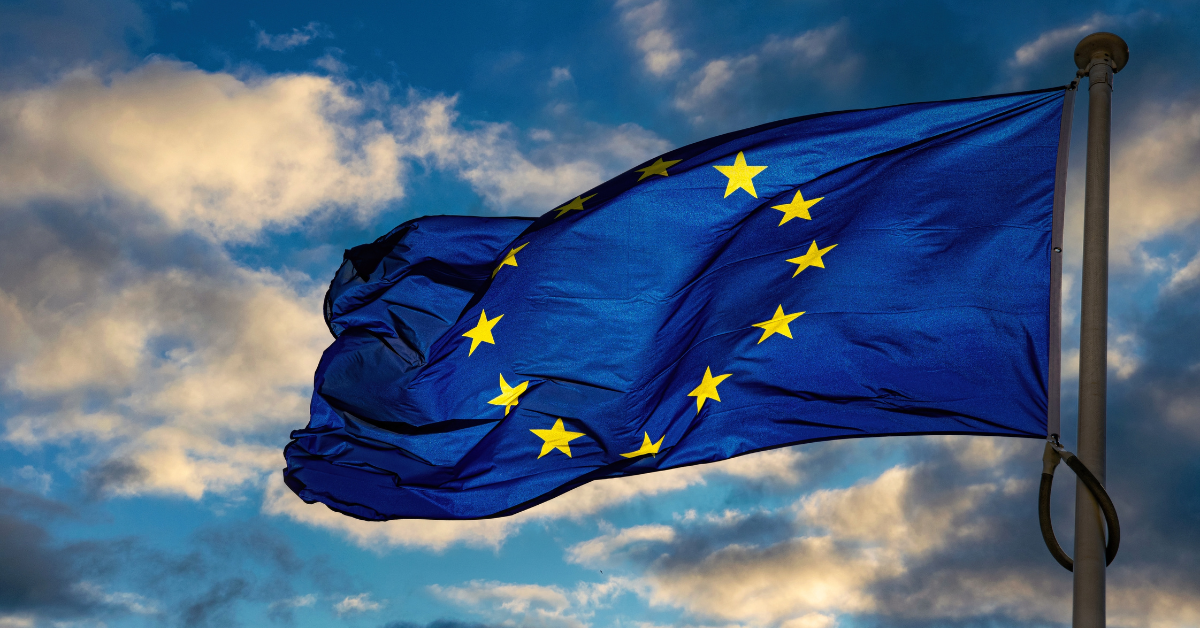
Discover how leading companies like LVMH, Unilever, and Microsoft are leveraging ESG strategies to drive innovation, resilience, and sustainable growth.
Around the world, companies are navigating a complex and high-stakes transition, as Environmental, Social, and Governance (ESG) principles shift from peripheral talking points to central pillars of corporate strategy.
What’s propelling this transformation?
A potent convergence of regulatory frameworks, evolving investor demands, competitive market pressures, and a growing insistence from consumers and civil society on corporate accountability.
In Europe, the regulatory landscape is rapidly maturing.
Although updated by the Omnibus simplification package, frameworks like the Corporate Sustainability Reporting Directive (CSRD) and the Corporate Sustainability Due Diligence Directive (CSDDD) are rewriting the rules of corporate disclosure and responsibility.
Beyond the EU, this regulatory wave is gaining momentum. In India, for example, the Securities and Exchange Board (SEBI) is reassessing ESG disclosure norms for publicly listed firms, emphasizing the need for accurate, comparable, and forward-looking data.
Similar moves are underway in jurisdictions from the U.S. to Southeast Asia, signalling a global regulatory realignment.
At the same time, investors are sharpening their focus.
Asset managers, institutional investors, and banks are increasingly tying funding and valuation to companies’ sustainability performance, leveraging ESG scores and climate-related risk assessments as key decision-making tools.
Customers and employees alike are expecting brands to take bold stances on social justice, environmental responsibility, and ethical governance and are quick to those that fall short.
The message is unmistakable: sustainability is no longer an optional add-on and developing a solid ESG strategy is a defining attribute of business leadership and long-term resilience.
Key Topics in Business Sustainability Strategy for 2025
As companies navigate this evolving landscape, several key topics have emerged as focal points in business sustainability strategies for 2025:
- Climate Change and Decarbonization: Businesses are prioritizing efforts to reduce greenhouse gas emissions, with many setting science-based targets to align with global climate goals.
- Supply Chain Transparency: There is a growing emphasis on ensuring ethical practices and sustainability throughout the supply chain, driven by both regulatory requirements and consumer expectations.
- Biodiversity and Ecosystem Preservation: Companies are recognizing the importance of protecting natural ecosystems, integrating biodiversity considerations into their operations and decision-making processes.
- Social Equity and Inclusion: Addressing social issues, including diversity, equity, and inclusion, has become a critical component of ESG strategies, reflecting the broader societal push for social justice.
- Technological Innovation: The integration of digital technologies, such as artificial intelligence and blockchain, is enhancing ESG data collection, reporting, and overall sustainability performance.
Inspiring ESG Strategies from Leading Companies
Examining the ESG strategies of industry leaders provides valuable insights for businesses seeking to enhance their sustainability efforts. These companies demonstrate that a strong environmental, social, and governance framework is not only compatible with corporate growth, but often a catalyst for innovation, resilience, and long-term value creation.
Below are three exemplary cases that illustrate how ESG can be successfully embedded into corporate DNA.
LVMH: Integrating Sustainability into Luxury
LVMH Moët Hennessy Louis Vuitton, the world’s leading luxury goods group, exemplifies how environmental and social responsibility can be harmonized with prestige and craftsmanship.
Recognizing the outsized environmental impact of the fashion and cosmetics industries, LVMH launched its “Life 360” environmental performance roadmap, with targets spanning from 2023 to 2030 based on a strategy structured around four key pillars: creative circularity, biodiversity, climate, and transparency.
To reduce its carbon footprint, LVMH has pledged a 50% reduction in Scope 1 and 2 greenhouse gas emissions by 2030, aligned with the Science-Based Targets initiative (SBTi), and a 55% reduction in Scope 3 emissions per unit of added value.
In addition, LVMH works with the LIFE (LVMH Initiatives for the Environment) program across all Maisons, integrating eco-design principles, responsible sourcing of raw materials (including certified organic cotton, leather, and precious metals), and low-impact manufacturing processes.
Notably, the company collaborates with UNESCO’s MAB program to protect biodiversity in key sourcing regions.
Several ESG rating agencies have recognized LVMH’s efforts: it has earned a triple 'A' score from the Carbon Disclosure Project (CDP) in Climate, Forests, and Water, and a low-risk ESG score of 13.9 from Sustainalytics, reflecting not only robust governance but a commitment to traceability, stakeholder engagement, and sustainability leadership in the luxury sector.
Unilever has long been regarded as a pioneer in embedding sustainability at the heart of its business strategy.
Its former flagship strategy, the Unilever Sustainable Living Plan (2010–2020), sought to decouple the company’s growth from its environmental footprint while increasing its positive social impact.
The successor program, the Compass Strategy, continues this trajectory by focusing on climate action, human rights, inclusive growth, and plastic reduction.
Unilever: Pioneering Sustainable Business Models
Unilever has committed to achieving net zero emissions across its value chain by 2039, sourcing 100% renewable energy across its operations, and ensuring that all plastic packaging is reusable, recyclable, or compostable by 2025.
In terms of social goals, the company is investing in programs to improve health, hygiene, and livelihoods for millions of people globally, with a strong focus on gender equality and inclusive employment.
Moreover, Unilever’s Future Foods initiative promotes healthier diets and sustainable food systems by increasing the availability of plant-based products and reducing food waste.
The company’s efforts have yielded tangible business outcomes: Unilever consistently ranks among the top companies in ESG indices, including the Dow Jones Sustainability Index and FTSE4Good.
Its proactive approach has also bolstered brand equity and helped attract ESG-conscious investors and talent.
Microsoft: Leading in Carbon Negative Initiatives
Microsoft has positioned itself at the forefront of corporate climate leadership with one of the most ambitious ESG agendas in the tech sector.
In 2020, the company announced its goal to become carbon negative by 2030, meaning it will remove more carbon from the atmosphere than it emits.
By 2050, Microsoft also aims to remove all historical emissions it has produced since its founding in 1975.
This strategy is underpinned by a robust internal carbon fee, currently set at $100 per metric ton of carbon emissions, which is applied across business units to fund emissions reduction and carbon removal projects.
Microsoft also operates a $1 billion Climate Innovation Fund, designed to accelerate the development of carbon capture and removal technologies, sustainable agriculture, and circular economy solutions.
Beyond emissions, Microsoft addresses broader ESG concerns, including responsible AI governance, data privacy, supply chain ethics, and diversity and inclusion.
In 2021, the company published its first Environmental Sustainability Report, which detailed progress on key performance indicators and disclosed Scope 1, 2, and 3 emissions in alignment with TCFD and GRI frameworks.
Microsoft's transparency, science-based targets, and investment in nature-based and technological carbon solutions have earned it top rankings in ESG performance, including MSCI’s AAA ESG rating and inclusion in multiple sustainability indexes.
Sustainability Strategy for business resilience and growth
Far from being a mere compliance need, ESG is now recognized as a strategic enabler.
It helps mitigate operational and reputational risks, increases efficiency, foster innovation, and open access to green financing and ESG-aligned capital.
Organizations that align their purpose with environmental stewardship, social responsibility, and sound governance are better equipped to navigate the complexities of today’s volatile market landscape.
By drawing inspiration from the robust and forward-looking strategies of industry leaders such as LVMH, Unilever, and Microsoft, businesses across sectors can design ESG frameworks that are not only aligned with their unique operational contexts but also responsive to evolving stakeholder expectations.
These examples illustrate how sustainability, when integrated holistically, becomes a lever for transformation, fuelling growth, enhancing brand credibility, and building enduring resilience in the face of systemic global challenges.



